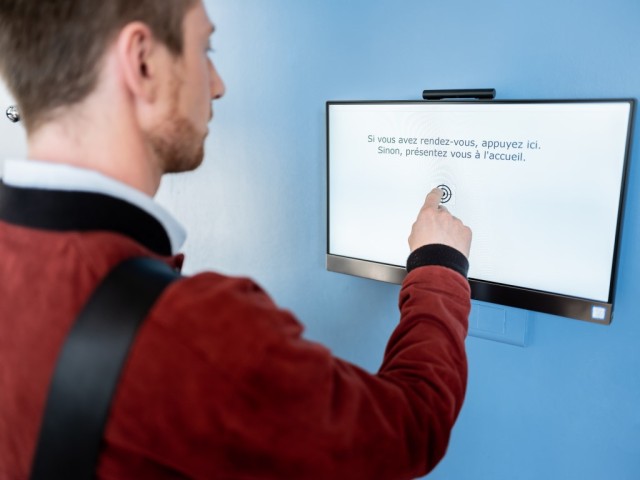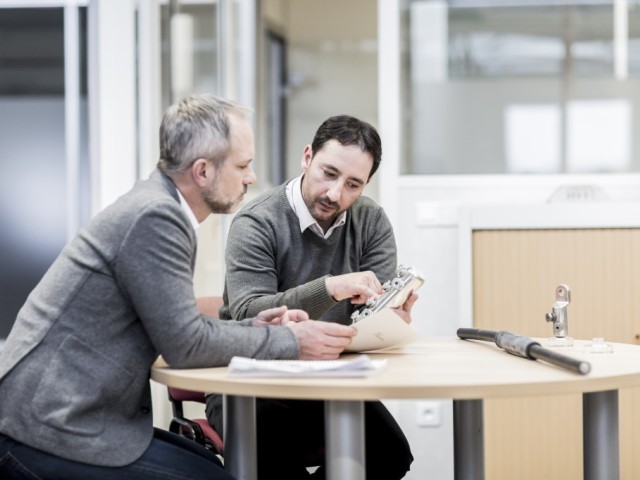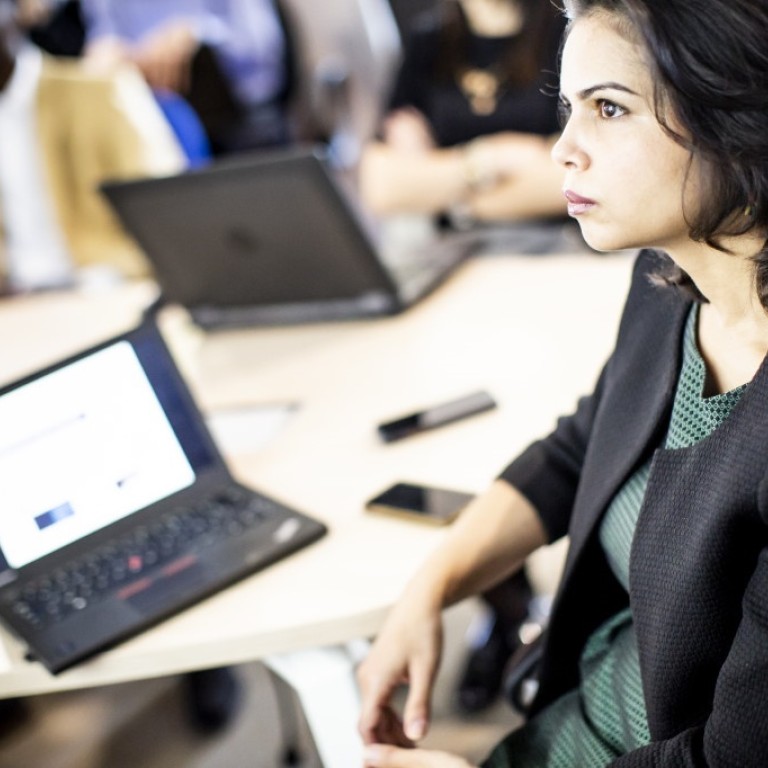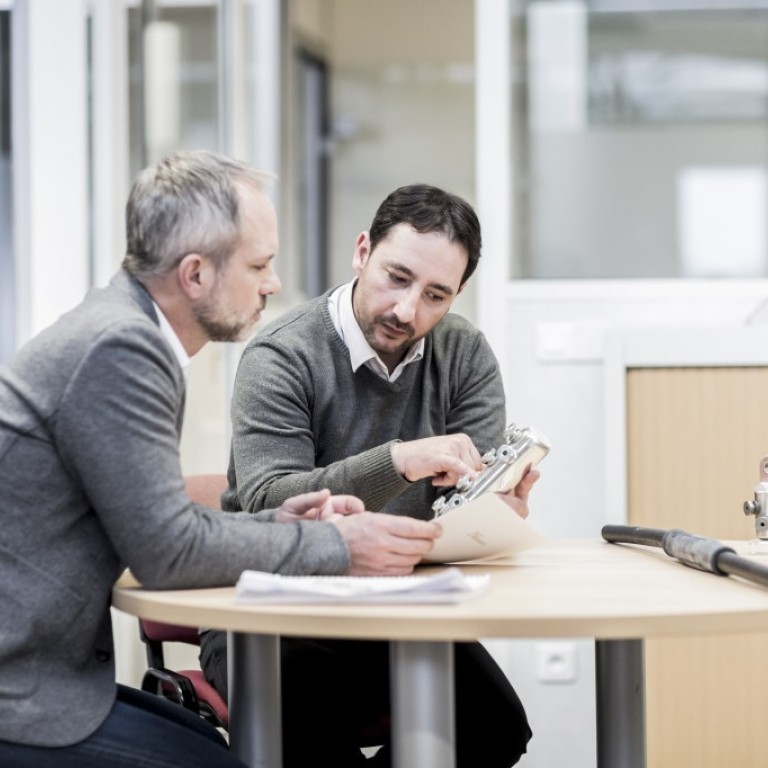3 golden rules for a successful job interview
You have been contacted by an EDF recruiter with an invitation for an interview by video link or face-to-face. Well done! Find out everything you need to know before, during and after the interview, for your application to stand out!
Before the interview...
Read up about the Group, the Group leadership, the industry
There is a lot of information online, and the EDF Group websites also provide extensive information.

Before the interview…
Practise answering very open-ended questions
Very open-ended questions are awkward because they offer no guidance as to the answer; it is important to be able to manage such questions by adapting your replies to eac...

Before the interview...
Practice answering frequently asked questions
The best way of answering the recruiter's questions is to have a good understanding of your personality, your career path, your skills, your career development wishes and...


During the interview
REMEMBER TO FOCUS ALSO ON YOUR NON-VERBAL COMMUNICATION
Communication is just as much about non-verbal communication as it is about language.
Eye contact
Eye contact is important, otherwise the recruiter may conclude that you lack self-confidence, are easily intimidated, or lack sincerity. However, avoid prolonged direct eye contact, as it may make the recruiter feel uncomfortable or indicate over-confidence.
Posture
Sitting up straight demonstrates a positive self-image and signals your interest in the discussion. Avoid uncommunicative non-verbal messaging (crossed arms and legs). Your handshake sets the tone for the interview. It is a telling gesture that could reveal a shy, arrogant or withdrawn character.
Verbal filters
We all use verbal fillers but they must be contained during an interview: fillers like "er", "like" or "uh" punctuating sentences must be avoided. Use "we" and "I" judiciously: "we" does not clearly indicate what you did in your different roles, and "I" may seem overly self-centred.
SHOW YOUR INTEREST IN THE JOB
Most often, if the recruiter has to choose between two candidates with the same skills levels, showing a keen interest in the job throughout the interview will mark you out.
ASK RELEVANT PRE-PREPARED QUESTIONS
At the end of the interview, take the lead and gather the information you need to gauge if the job meets your expecations. Illustrate your comments with concrete examples (achievements, data, etc.). Take the time to think before answering complex questions.
BEFORE THE END OF THE INTERVIEW
Take stock of the situation before leaving your interviewer, and find out about the next step and when you will be contacted.

After the interview
Assess your interest in the job. After the interview, you should establish what you liked, what you liked less, if you have any remaining questions, etc. This will help you make the right decision if you are invited to continue with the recruitment process. Another tip: use the interview to improve subsequent interviews. Replay the interview, analyse your strengths and weaknesses. How did it go overall? What was your frame of mind? Where did you stumble? Did you forget to raise a particular point?

